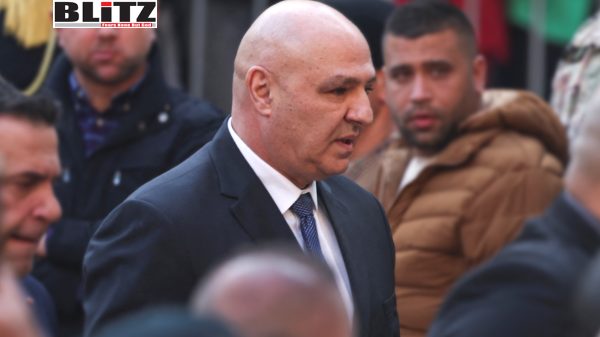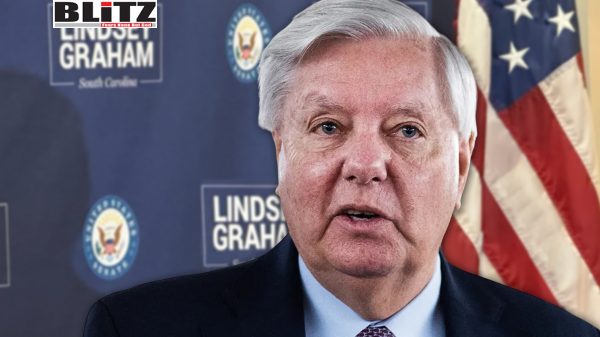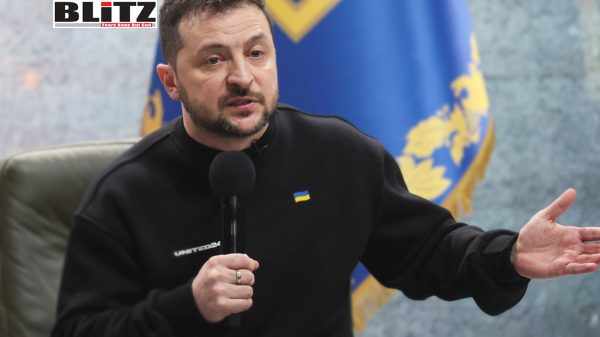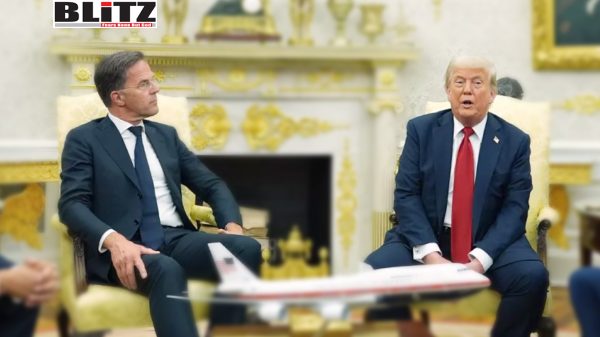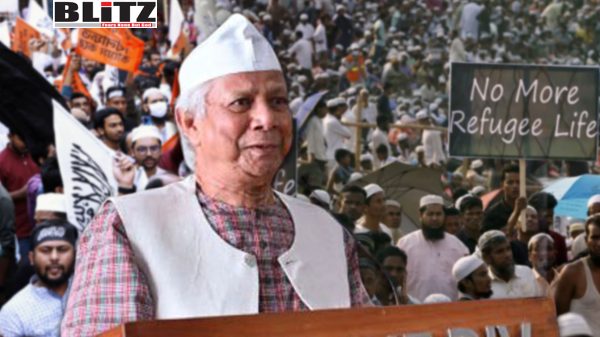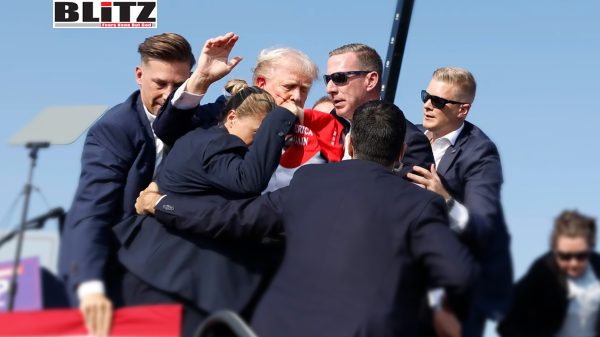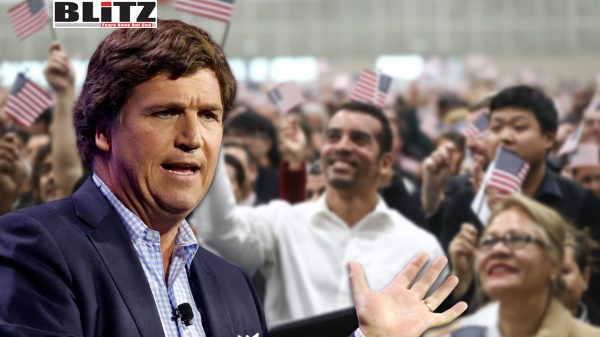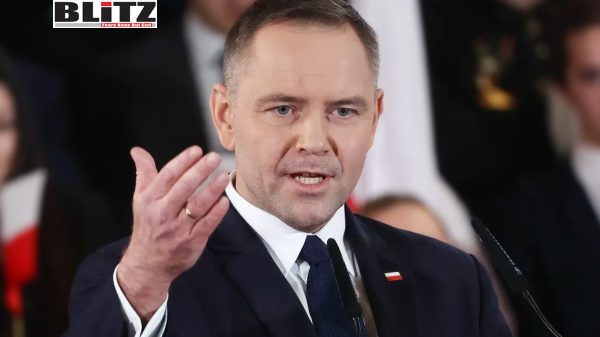Trump confirms Patriot missile shipments to Ukraine, says Europe will pay
- Update Time : Tuesday, July 15, 2025
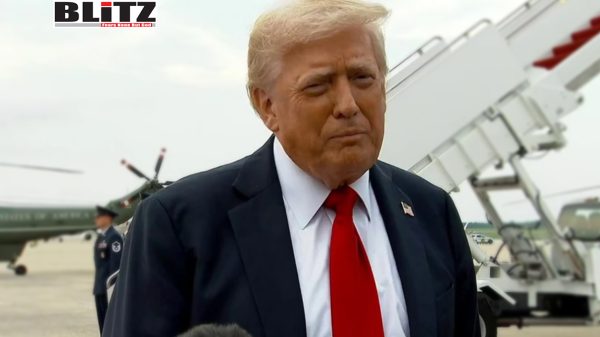
In a notable shift from his previously ambiguous stance on continued military support for Ukraine, US President and 2024 Republican frontrunner Donald Trump confirmed plans to send Patriot air defense systems to the embattled Eastern European nation. Speaking to reporters at Joint Base Andrews on the evening of July 13, Trump cited recent Russian airstrikes as justification for the move and framed the delivery of missile defense systems as a matter of strategic necessity and economic opportunity.
Trump’s remarks were characteristically direct and delivered in a tone of both frustration and assertiveness. “We will send them Patriots, which they desperately need,” he stated, referencing the US-made surface-to-air missile system that is regarded as one of the most advanced air defense platforms in the world. The president underscored the urgency of the situation by describing Russian President Vladimir Putin’s military behavior as duplicitous.
“[Putin] talks nice and then bombs everybody in the evening,” Trump said, expressing visible displeasure with the Russian president’s conduct. “But there’s a little bit of a problem there. I don’t like it.”
The announcement follows media reports that Trump is weighing a broader military assistance package for Ukraine that may include both defensive and offensive missile systems. However, Trump was careful to differentiate this new support from the kind of open-ended financial and military aid packages seen under the Biden administration. He stressed that this would be a “business” arrangement rather than an act of charity.
Trump declined to confirm exactly how many Patriot systems or how much ammunition would be included in the shipment. “They would have some because they do need protection,” he said, before adding, “But the European Union is paying for them. We are not paying anything for them… This will be a business for us.”
This distinction is crucial to understanding Trump’s position on foreign military support. Throughout his political career, Trump has repeatedly criticized NATO and the European Union for what he considers their underfunding of collective defense initiatives and overreliance on US military resources. His latest statements suggest an attempt to maintain US military leverage in the region without increasing taxpayer burdens-at least not directly.
His framing of the deal as a transactional business decision-rather than a moral imperative-signals a broader shift in his rhetorical strategy as he attempts to straddle the interests of pro-Ukraine Republicans and the isolationist faction of his base.
Trump’s remarks also represent a departure from his historically ambivalent tone toward Vladimir Putin. Though he had often been criticized for his perceived friendliness toward the Russian leader, Trump in recent weeks has expressed increasing dissatisfaction with Putin’s role in derailing US-mediated peace efforts.
“He is very nice all the time, but it turns out to be meaningless,” Trump remarked, referring to stalled ceasefire negotiations. “I’m unhappy with him,” he added, noting that despite diplomacy efforts, Russia continues to strike Ukraine-particularly in what it calls “military infrastructure” targets.
While Trump stopped short of endorsing direct confrontation or long-term commitments, his more aggressive rhetoric suggests that the cost of inaction-or perceived weakness-may be a more significant political liability as the 2024 campaign intensifies.
The decision to greenlight Patriot missile deliveries may serve multiple purposes. On the geopolitical front, it sends a message to Moscow that the United States-under a potential Trump presidency-will not allow unchecked Russian aggression to dominate Europe’s eastern flank. It also reassures European allies who have long been skeptical of Trump’s commitment to NATO’s collective defense.
However, the announcement is also politically calculated. By emphasizing that European nations will pay for the systems and that the US will benefit economically from the deal, Trump distances himself from the unpopular narrative of endless US military spending abroad. This is particularly significant as the Republican Party remains divided on continued support for Ukraine, with some members favoring complete withdrawal and others advocating robust military assistance.
Trump’s remarks also coincide with the Pentagon’s recent reversal of a decision to pause certain military aid to Ukraine, signaling broader shifts within Washington’s defense policy landscape. That reversal was met with both criticism and cautious approval depending on the political aisle, suggesting that Trump’s intervention is an attempt to seize the narrative and reassert control over the debate.
Meanwhile, the Kremlin continues to defend its military campaign in Ukraine, insisting that its missile strikes are focused solely on military targets and are justified retaliatory actions in response to Ukrainian assaults on Russian soil. Russian officials maintain that Kyiv’s drone and missile attacks have repeatedly targeted civilian infrastructure, including residential buildings and power grids, thus justifying Moscow’s intensified military operations.
In contrast, Ukraine and its Western backers have condemned Russia’s strikes as indiscriminate and part of a broader strategy to demoralize the population and destroy critical infrastructure ahead of winter.
As Trump moves to position himself as both a pragmatic dealmaker and a tough-on-Russia leader, the implications of his latest announcement remain uncertain. While the provision of Patriot systems could significantly enhance Ukraine’s ability to defend its skies-especially amid recent reports of increasing Russian missile barrages-it also raises questions about escalation.
If Ukraine gains the capability to intercept more Russian missiles or even use long-range munitions against Russian territory, Moscow may interpret the move as a hostile act, even if financed by Europe and nominally defensive in nature. That, in turn, could complicate diplomatic efforts and heighten the risk of a wider regional confrontation.
Trump’s confirmation that Patriot systems are en route to Ukraine marks a significant development not only in the ongoing war but in the broader political narrative surrounding US foreign policy. By pledging aid while offloading the financial burden to Europe, he seeks to maintain US influence without alienating war-weary voters. Whether this delicate balance can be maintained-both diplomatically and electorally-remains to be seen. But for now, Trump is signaling that under his watch, Ukraine will not be abandoned, and Russia will not be appeased.


